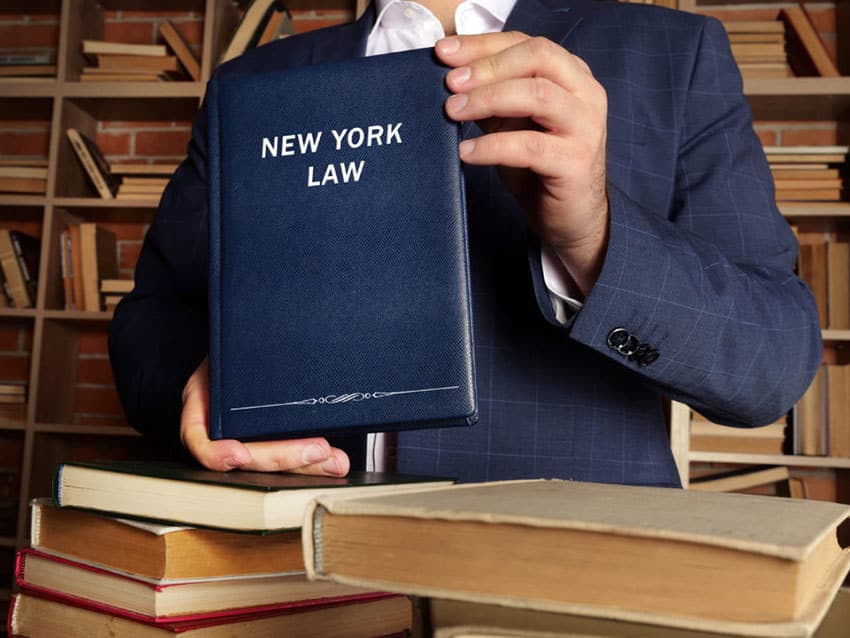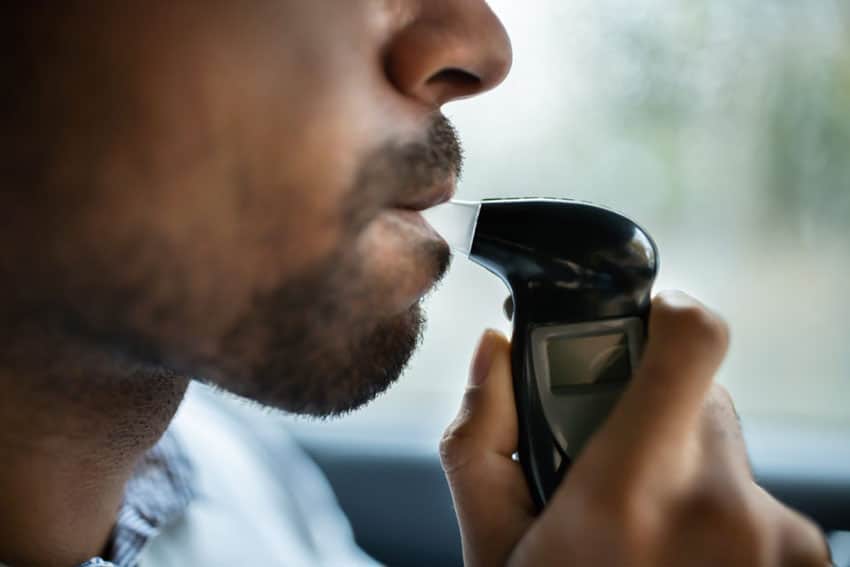After you get a DWI in New York, you may need to undergo an assessment to determine if you have an alcohol or drug dependency problem. People with dependency problems are ordered to undergo treatment in an outpatient program or rehabilitation center.
If the evaluation determines you have a substance abuse problem, you need to successfully complete a treatment program and file certain paperwork to get a license again. This mandatory treatment happens often as part of a DWI conviction in New York.
Besides mandatory treatment, your first offence DWI requires you to attend the Drinking Driver Program. The program provides education to DWI offenders about driver safety and allows you to apply for a conditional license while your license is suspended due to your DWI assessment.
DWI evaluations and assessments in New York
After the court orders you to receive an assessment, health professionals from the OASAS office in New York will evaluate you to determine your risk of dependency on alcohol or drugs. They can require you to complete a formal treatment program.
When you attend the assessment, you’ll need the following paperwork:
- A copy of your DWI case history
- A copy of your police report
- A copy of any court orders, citations or a breathalyzer report
Be aware that you may also be required to undergo a urine drug screening.
You are at full financial responsibility to complete the program, though New York state provides affordable options such as the Drinking Driver Program.
What qualifies as alcohol/drug abuse to mandate treatment in New York?
The New York State DMV considers two DWI incidents within a ten-year timeframe as evidence of a history of alcohol or drug abuse. However, the specifics of each case and your charges can vary. The assessment will include questions about your relationship with alcohol and determine the most appropriate level of intervention.
What treatment can I go to for DWI conviction in New York?
Your letter or Order of Suspension or Revocation regarding your alcohol/drug conviction will tell you if you are eligible to participate in the New York State Impaired Driver Program (IDP), an affordable option that many people convicted of DWIs choose.
You can also choose your own from a list of approved assessment and treatment providers at the OASAS website.
Get your license back after a DWI conviction
In order to get a New York driver’s license back, anybody with a convicted history of drug and alcohol abuse will need to submit required paperwork as evidence of either treatment (following an OASAS evaluation and follow-up recommendations) or produce a clean bill of health (after an evaluation) showing no further treatment is necessary.
If you completed treatment, the facility or your doctor needs to submit proof electronically through the OASAS State Impaired Driver System (IDS).
If you need a lawyer who can help you obtain the best possible outcome in your DWI case, contact us for a free case analysis. The attorneys at the law firm of DWI Team Defense Attorneys are experienced in handling DWI cases.
FAQs
What should I bring to a DWI assessment in New York?
When getting a DWI assessment, make sure to bring:
- A copy of your DWI case history
- A copy of your police report
- A copy of any court orders, citations or a breathalyzer report
You may also be required to undergo a urine drug screening.
What is the DS449 form?
If you get rehabilitation treatment from out-of-state, you must complete an Alcohol and Drug Abuse Rehabilitation Program Summary form called the DS-449 form to reobtain your license from the New York DMV. Your treatment provider or doctor may obtain this form by contacting the Driver Improvement Unit.
What are the DUI assessment questions?
You’ll be asked about your medical history, personal background, driving history, criminal history, and substance use.
What is a drug assessment for a DWI conviction?
Similar to an alcohol assessment, a drug assessment helps the courts of New York determine if you have a substance abuse problem. Their evaluation can determine if you need to complete a treatment program before getting your license back.
The attorneys at the law firm of DWI Team Defense Attorneys are experienced in handling DWI cases. If you need a DWI lawyer who can help you obtain the best possible outcome in your DWI case, call the law firm of DWI Team Defense Attorneys.
The exclusive purpose of this article is educational and it is not intended as either legal advice or a general solution to any specific legal problem. Corporate offices for DWI Team Defense Attorneys are located at 432 N. Franklin Street, Suite 80, Syracuse, NY 13204; Telephone No.: 1-866-792-7800. Prior results do not guarantee a similar outcome. Attorney Advertising.











